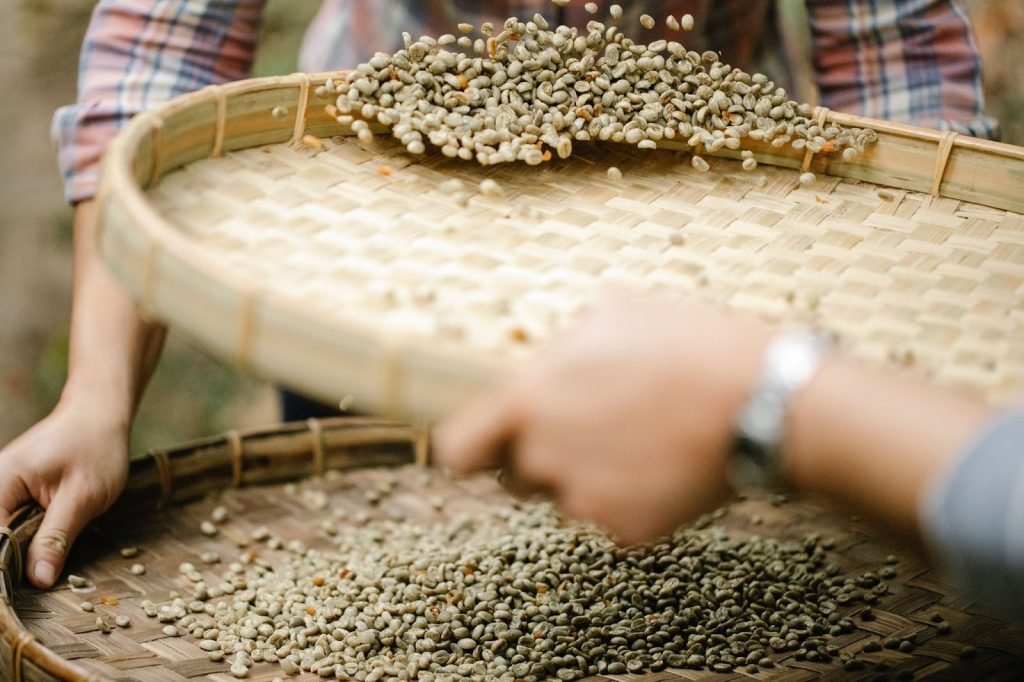Coffee, who doesn’t know this drink? Did you know that coffee is not only known as a popular beverage, but also contributes greatly to our economic and social development?
Yes, coffee is an important commodity in local and international trade and a source of strength for the food economy. In Indonesia, many regions have this potential, such as in Aceh, Kerinci, Toraja and Gayo.
Coffee is also known as a folk drink that has always accompanied people’s social life. In some cultures, drinking coffee together is an important social ritual. Coffee can be a tool to strengthen relationships between people.
Coffee has become an important part of life in many countries and has brought many economic and social life benefits. Therefore, in this article we will look at how coffee contributes to influencing economic and social development.
Coffee Market and Economic Development
As an international trade commodity, coffee is one of the most important commodities in the world. According to data from the International Coffee Organization (ICO), world coffee production reached 169.34 million quintals in 2020, with Brazil as the world’s largest producer with a production of 63.4 million quintals in the same year.
This coffee production creates huge economic value and provides employment for millions of people around the world. According to data from the International Trade Center in 2019, the world coffee trade value reached USD 30.1 billion and accounted for about 2.2% of the total global trade value.
In Indonesia, coffee is also one of the leading commodities that contributes greatly to the country’s economy. According to data from the Central Statistics Agency (BPS) in 2020, Indonesia exported 344.83 thousand tons of coffee worth USD 905.2 million.
In addition, coffee also contributes greatly to creating jobs for the community, especially in rural areas. According to data from the Ministry of Agriculture, around 1.2 million farmers in Indonesia make their living from coffee cultivation.
Coffee also contributes to social development with the Fair Trade system. Fair Trade is a trading system that focuses on the social and economic well-being of coffee farmers.
Under this system, coffee farmers get a fairer price and are given access to the global market. According to Fair Trade USA data, in 2020, Fair Trade programs have positively impacted more than 1.6 million farmers worldwide.
In addition to the Fair Trade program, there are also other programs that help improve the welfare of coffee farmers. For example, coaching and training programs to improve coffee quality and productivity are conducted by coffee companies and non-governmental organizations.
Coffee Industry and Social Life
Coffee is also an important part of culture and tradition in many countries. In some countries, drinking coffee is a tradition of hospitality and a way to show appreciation to guests. In many countries, coffee is served as part of traditional ceremonies and religious celebrations.
The coffee industry also contributes to social life through responsible social practices. The coffee industry is often involved in social and environmental programs to help improve the welfare of local communities. Some coffee companies even provide financial support and resources for education and health programs.
The modern coffee industry also places a focus on environmentally friendly farming practices, and pays attention to the welfare of farmers and communities. Coffee companies also provide economic, social and environmental benefits by implementing sustainable farming systems.
In addition, social programs for farmers and local communities can help improve quality of life and enhance community skills.
Are you a coffee lover? It’s time to visit the KopiKita platform to find coffee from various regions in Indonesia at the best price.









